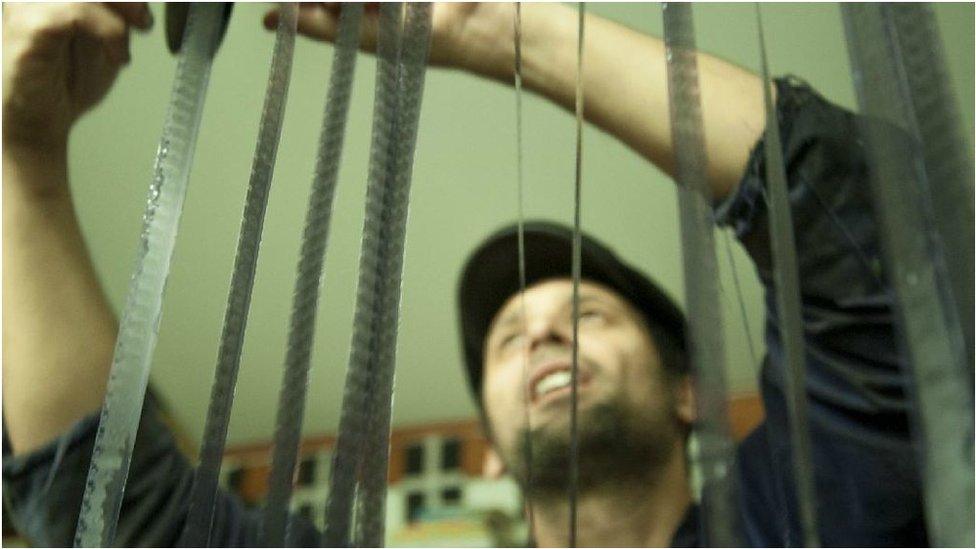Warnings over British independent film scene's 'spiral of decline'
- Published
- comments

Judy, for which Renee Zellweger won a Bafta, was one of 2019's most successful British films
British film may have been celebrated at the Baftas on Sunday, but new figures have revealed a sharp drop in the number of UK films made last year.
The figures, from the BFI, showed a large reduction in the amount of money spent on homegrown independent movies.
New BFI chief executive Ben Roberts said there were "major challenges" for the British independent film sector.
Stewart Le Marechal, who produced 2018's Swimming with Men, said the scene was in "a spiral of decline".
The amount of money spent making films and high-end television in the UK rose 16% to a record £3.6bn in 2019, the annual figures showed - thanks to Hollywood studios and US TV giants shooting more in Britain.
But spending on British films with no studio backing dropped by 45% to £175m, and the number of homegrown productions with budgets over £500,000 fell from 94 in 2018 to 49 last year.
The 2019 numbers are likely to rise to some extent as the BFI finishes gathering its information, but the final figures will still show a significant decline.
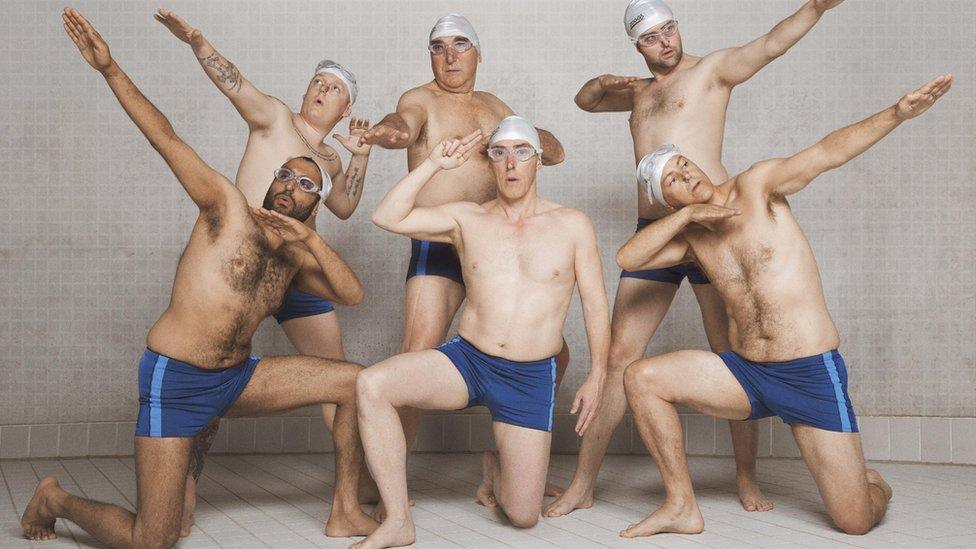
Swimming with Men cost around £3m to make
Growing problems finding funding and greater competition from TV are to blame, according to those in the British film industry.
Le Marechal, whose 2018 comedy Swimming with Men starred Rob Brydon and Jim Carter, said the industry has been in a cycle of decline for a decade.
The problems are "definitely something that we've been watching happen over the last 10 years, and I think it's just getting harder and harder" to get films made, he told BBC News.
It all stems back to the financial crash of 2007-08, when producers started to find it harder to raise money in advance. This meant they struggled to attract big-name actors and had to cut budgets, Le Marechal believes.
"You're going in a downward spiral where, because you've got a lower-budget film, it's harder to sell to buyers because they say 'This is a smaller project'," says the producer, whose recent projects include the documentary Last Breath.
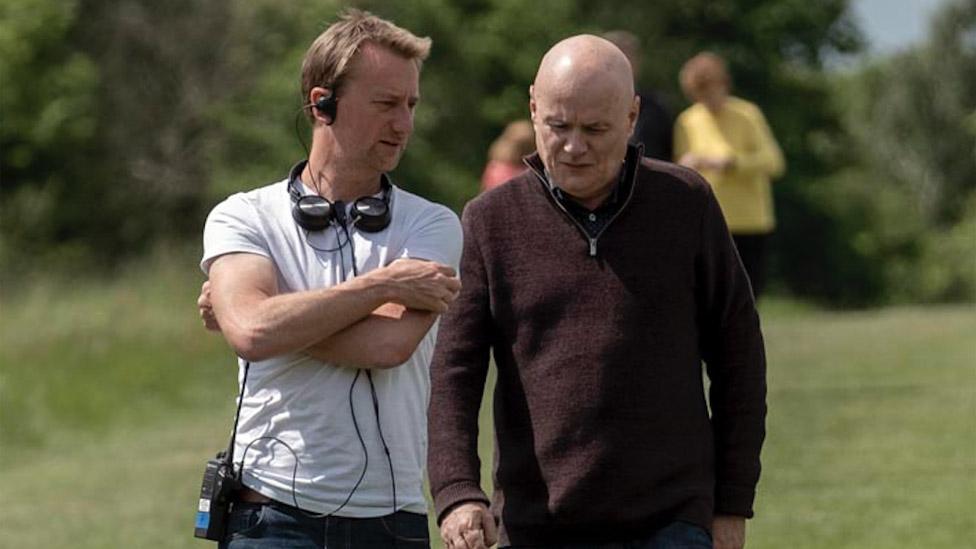
Stewart Le Marechal (left) with actor Dave Johns on the set of new film 23 Walks
"It's very difficult to halt that. Obviously people still are managing to make films, but as you can see, they're far fewer, and invariably, they're much lower budget.
"That makes it then harder for them to punch above their weight when they actually do make it to the marketplace, if they make it to the marketplace at all."
Independent British films released last year include Judy, Fighting with My Family, Blinded by the Light, Wild Rose and Mary, Queen of Scots.
The BFI doesn't count films made with Hollywood money, such as Sir Sam Mendes's Bafta-winning 1917, in its domestic figures.
Pippa Harris, producer of 1917, recently told Screen International that the biggest challenge currently facing the industry is the increasing difficulty to persuade studios to fund films unless they are part of a franchise or based on something well-known.
"We were extremely fortunate to be allowed to make 1917 without any major stars in the leads, but that freedom is rare," she said. (Sir Sam's name probably sealed the deal.)
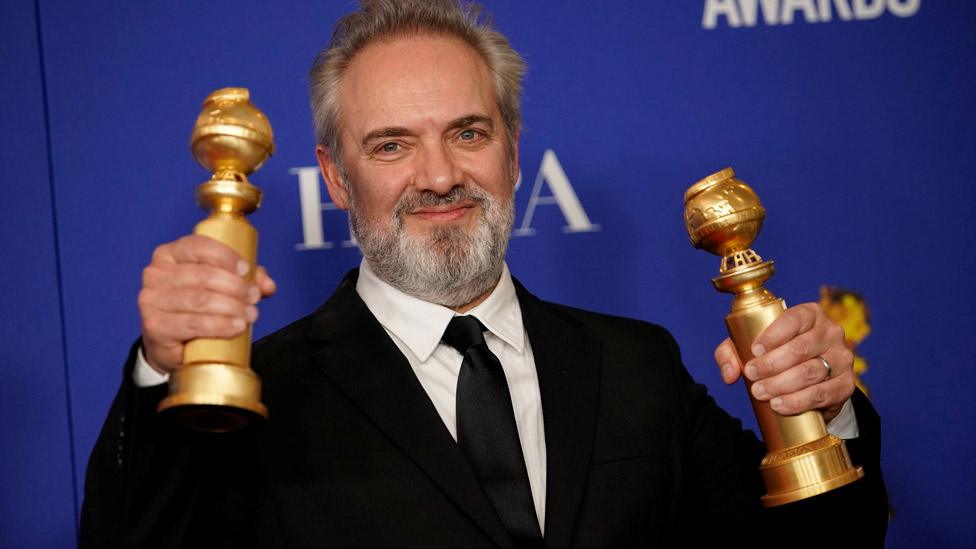
Sir Sam Mendes has won both Golden Globes and Baftas for 1917
Other producers and directors have shifted to the small screen. Last year, the amount spent on high-end TV in the UK rose by 29% to a record £1.66bn.
Clare Mundell's company Synchronicity Films used to make just features. Now around 80% of its work is in TV, making shows like BBC One drama The Cry, starring Jenna Coleman.
She says homegrown movies are caught in a "perfect storm", caused by changes to film financing and the "massive upswing" in opportunities in TV.
Television is often more attractive because the revenues - from budgets afforded by outlets like Netflix, or the rights offered to production companies by British broadcasters - are more reliable, she says.
"In the midst of all that opportunity, it can be really hard to decide to risk your time going in to make a feature film at £1.5m, which may never see the light of day and from which you'll probably not make a penny."
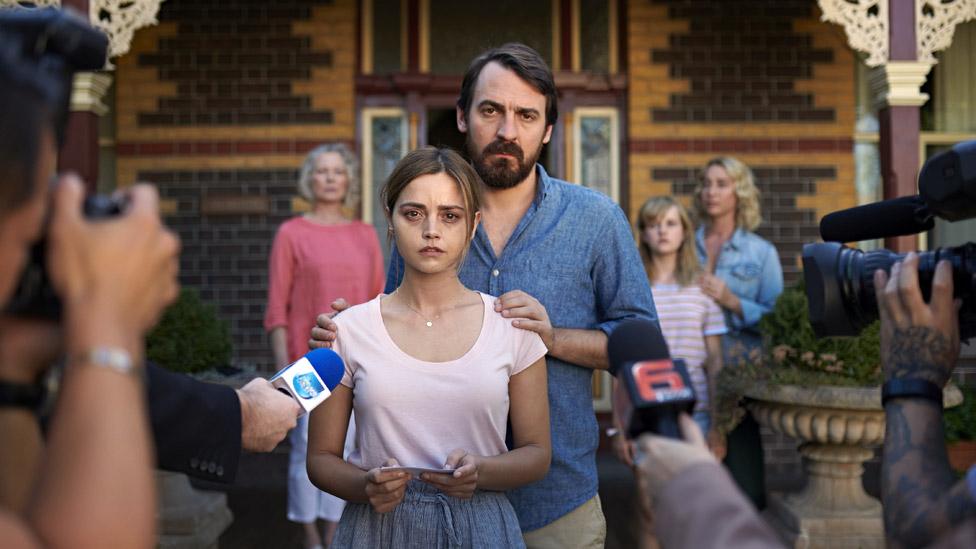
Clare Mundell has gone from making films to making TV shows like The Cry
Bodies like BBC Films, Film4 and the BFI have been mainstays of the industry and are still backing British films and new talent.
But one crucial change, Mundell believes, is an overhaul of the Enterprise Investment Scheme - a tax incentive that attracted investors by cushioning some of their risk, but is now not open for most film projects.
The consequences of the decline in British films are "really troubling", she says.
"Very often they are films that are championing the talent of the future, the British directorial voices that in years to come will go on and have long and illustrious careers.
"If there are fewer films being financed at that level, then there are fewer opportunities for directors, writers, producers [and] actors.
"And if we've got 50% fewer independent British films being made, then we've got 50% fewer stories being authored about the themes that matter to Britain."
Another producer who has switched to TV is James Richardson. His company Vertigo Films made 2008's Bronson, which gave Tom Hardy an early starring role, and 2010's Monsters, helmed by future Rogue One director Gareth Edwards.
"Would we make them in the current climate? I don't think so," he says. "And that's really sad, because it just means there are some amazing productions which are not able to be made."
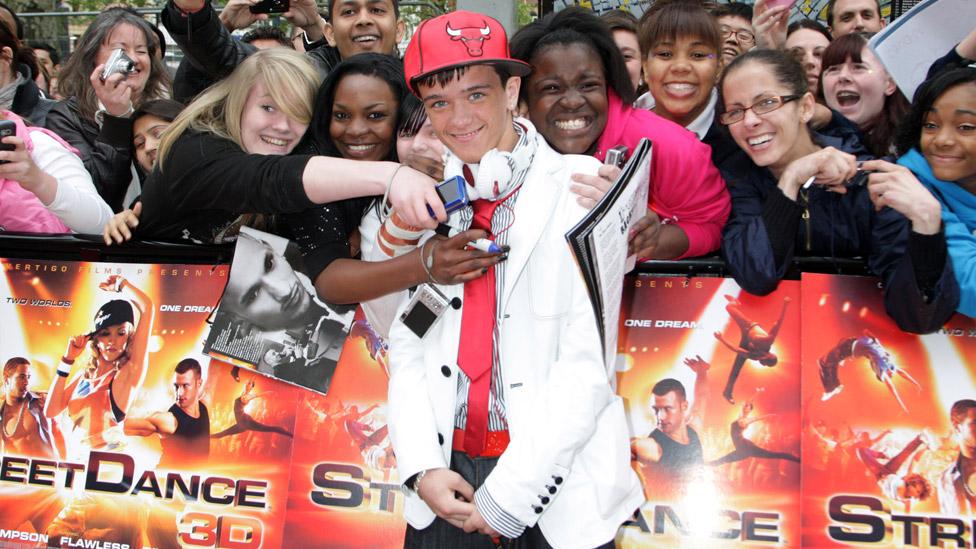
StreetDance, which starred Britain's Got Talent winner George Sampson, was a hit in 2010
Vertigo also made StreetDance, which reaped £11.6m at the UK box office in 2010. "The numbers that flowed down to us and the film-makers at the end of this massive success were not fantastic," Richardson says.
"The British independent film structures have got fundamental flaws to them, in terms of the way that finance happens and the terms in which producers and talent end up making any money."
Richardson and his producing partner made the move to TV six years ago, and now make Bulletproof and Britannia for Sky.
"What's come into its place is this extraordinarily dynamic and incredibly creative TV world, where the film-makers are making the most extraordinary things," he says.
"And coupled with that you've got the most beautiful films being made. 1917 gets made. Yes, it's a studio movie, but it's a beautiful British movie."

In 2018, the BFI published an in-depth report into the state of independent British film, external that concluded "the traditional business model for independent film is no longer fit for purpose".
The BFI's Ben Roberts says: "The whole ecosystem for making films and reaching audiences is undergoing huge structural change globally.
"New channels are opening up new opportunities for audiences but also for film-making talent - in short there is more fluidity for talent in moving between film and television," he adds.
He cites established movie-makers like Ben Wheatley, Lenny Abrahamson and Andrew Haigh, who are also working in TV.
"The good news is that there is more demand for film on all screens and more opportunities for our film-making talent," Roberts continues.
"But from our perspective it is also producing major challenges for the independent sector, much of which was highlighted by the work of the BFI's Independent Film Commission.
"It's important that we ensure independent film-making is sustained, because it is the lifeblood of film culture. It is very much a priority."

Follow us on Facebook, external, or on Twitter @BBCNewsEnts, external. If you have a story suggestion email entertainment.news@bbc.co.uk, external.
- Published2 February 2020
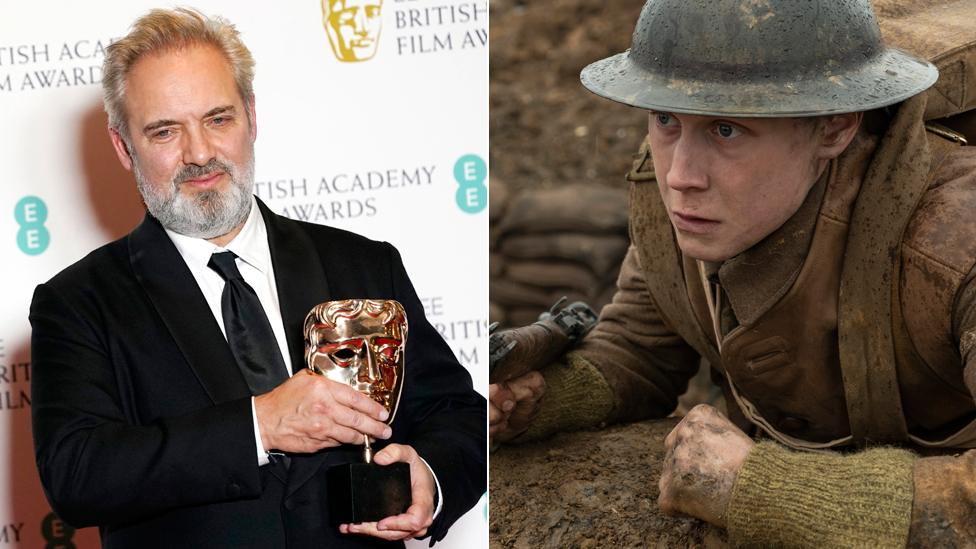
- Published30 January 2020

- Published2 December 2019
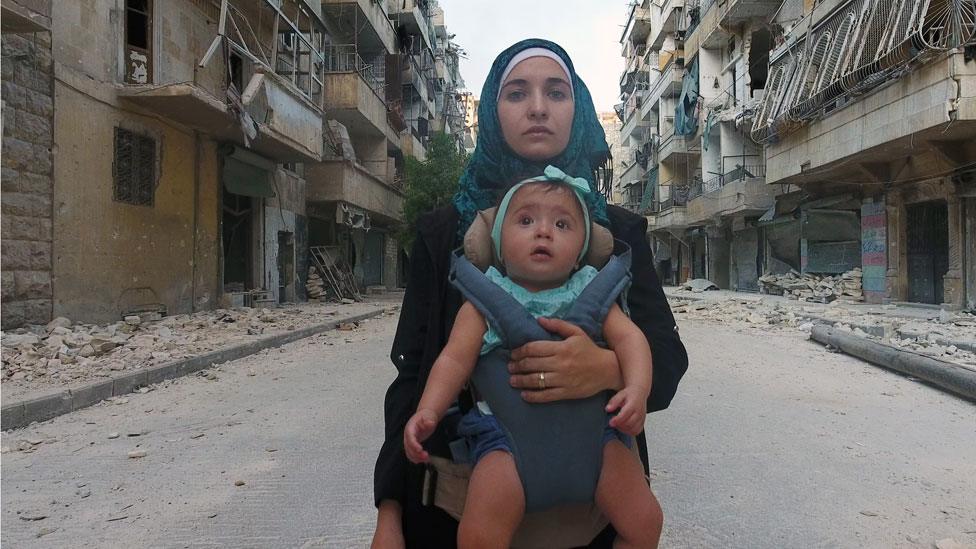
- Published15 February 2019
